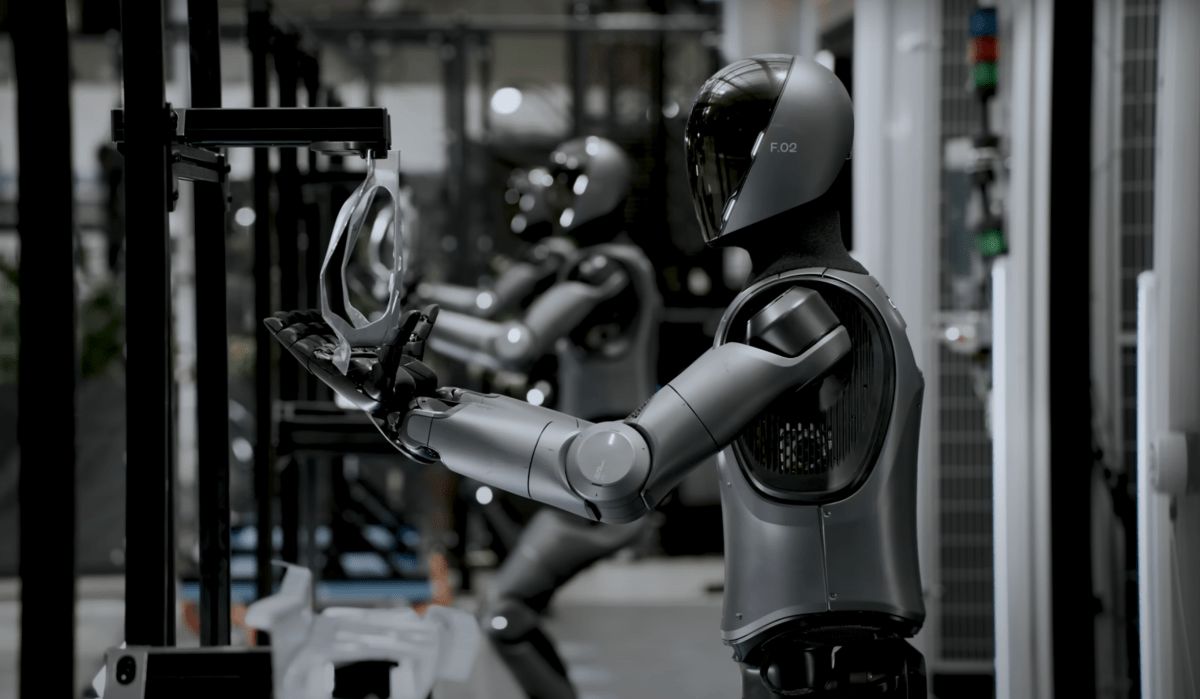Users of the conversational AI platform ChatGPT discovered an interesting phenomenon over the weekend: the popular chatbot refuses to answer questions if asked about a “David Mayer.” Asking it to do so causes it to freeze up instantly. Conspiracy theories have ensued — but a more ordinary reason may be at the heart of this strange behavior.
Word spread quickly this last weekend that the name was poison to the chatbot, with more and more people trying to trick the service into merely acknowledging the name. No luck: Every attempt to make ChatGPT spell out that specific name causes it to fail or even break off mid-name.
“I’m unable to produce a response,” it says, if it says anything at all.

But what began as a one-off curiosity soon bloomed as people discovered it isn’t just David Mayer who ChatGPT can’t name.
Also found to crash the service are the names Brian Hood, Jonathan Turley, Jonathan Zittrain, David Faber, and Guido Scorza. (No doubt more have been discovered since then, so this list is not exhaustive.)
Who are these men? And why does ChatGPT hate them so? OpenAI has not responded to repeated inquiries, so we are left to put together the pieces ourselves as best we can.
Some of these names may belong to any number of people. But a potential thread of connection identified by ChatGPT users is that these people are public or semi-public figures who may prefer to have certain information “forgotten” by search engines or AI models.
Brian Hood, for instance, stands out because, assuming it’s the same guy, I wrote about him last year. Hood, an Australian mayor, accused ChatGPT of falsely describing him as the perpetrator of a crime from decades ago that, in fact, he had reported.
Though his lawyers got in contact with OpenAI, no lawsuit was ever filed. As he told the Sydney Morning Herald earlier this year, “The offending material was removed and they released version 4, replacing version 3.5.”

As far as the most prominent owners of the other names, David Faber is a longtime reporter at CNBC. Jonathan Turley is a lawyer and Fox News commentator who was “swatted” (i.e., a fake 911 call sent armed police to his home) in late 2023. Jonathan Zittrain is also a legal expert, one who has spoken extensively on the “right to be forgotten.” And Guido Scorza is on the board at Italy’s Data Protection Authority.
Not exactly in the same line of work, nor yet is it a random selection. Each of these persons is conceivably someone who, for whatever reason, may have formally requested that information pertaining to them online be restricted in some way.
Which brings us back to David Mayer. There is no lawyer, journalist, mayor, or otherwise obviously notable person by that name that anyone could find (with apologies to the many respectable David Mayers out there).
There was, however, a Professor David Mayer, who taught drama and history, specializing in connections between the late Victorian era and early cinema. Mayer died in the summer of 2023, at the age of 94. For years before that, however, the British American academic faced a legal and online issue of having his name associated with a wanted criminal who used it as a pseudonym, to the point where he was unable to travel.
Mayer fought continuously to have his name disambiguated from the one-armed terrorist, even as he continued to teach well into his final years.
So what can we conclude from all this? Lacking any official explanation from OpenAI, our guess is that the model has ingested or provided with a list of people whose names require some special handling. Whether due to legal, safety, privacy, or other concerns, these names are likely covered by special rules, just as many other names and identities are. For instance, ChatGPT may change its response if it matches the name you wrote to a list of political candidates.
There are many such special rules, and every prompt goes through various forms of processing before being answered. But these post-prompt handling rules are seldom made public, except in policy announcements like “the model will not predict election results for any candidate for office.”
What likely happened is that one of these lists, which are almost certainly actively maintained or automatically updated, was somehow corrupted with faulty code or instructions that, when called, caused the chat agent to immediately break. To be clear, this is just our own speculation based on what we’ve learned, but it would not be the first time an AI has behaved oddly due to post-training guidance. (Incidentally, as I was writing this, “David Mayer” started working again for some, while the other names still caused crashes.)
As is usually the case with these things, Hanlon’s razor applies: Never attribute to malice (or conspiracy) that which is adequately explained by stupidity (or syntax error).
The whole drama is a useful reminder that not only are these AI models not magic, but they are also extra-fancy auto-complete, actively monitored, and interfered with by the companies that make them. Next time you think about getting facts from a chatbot, think about whether it might be better to go straight to the source instead.




